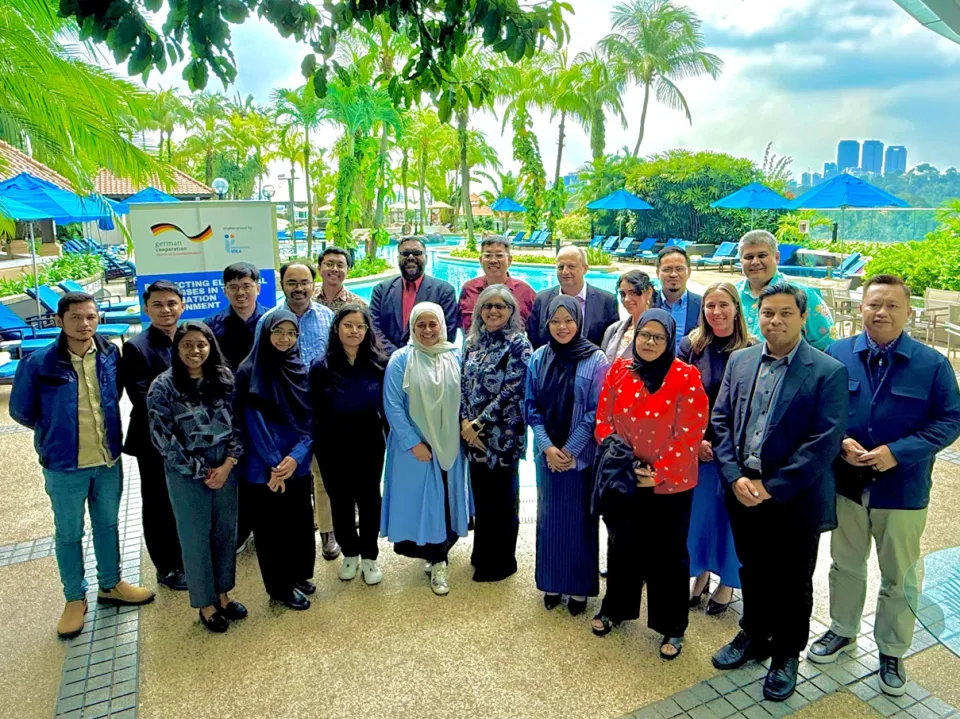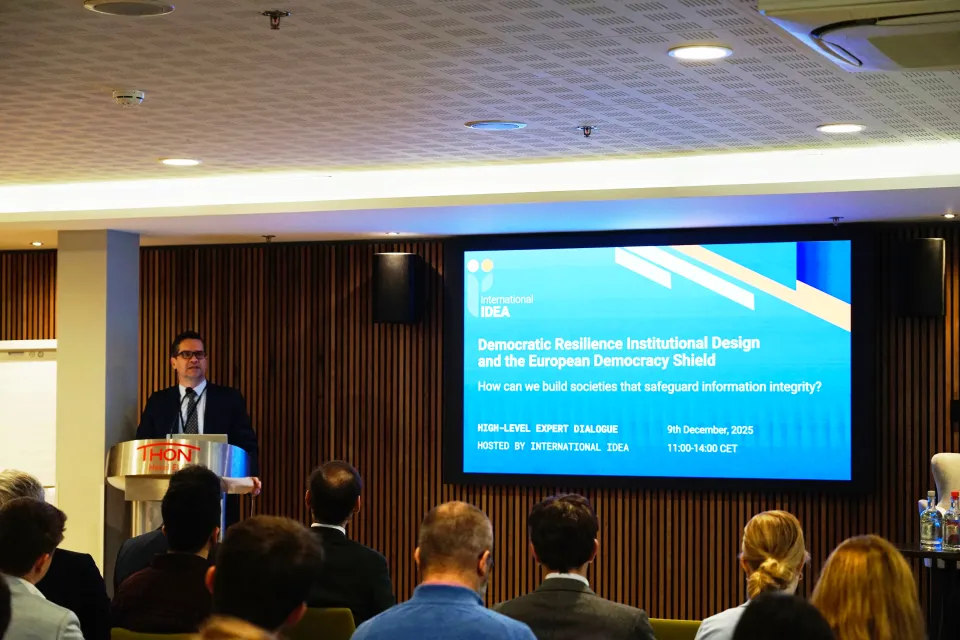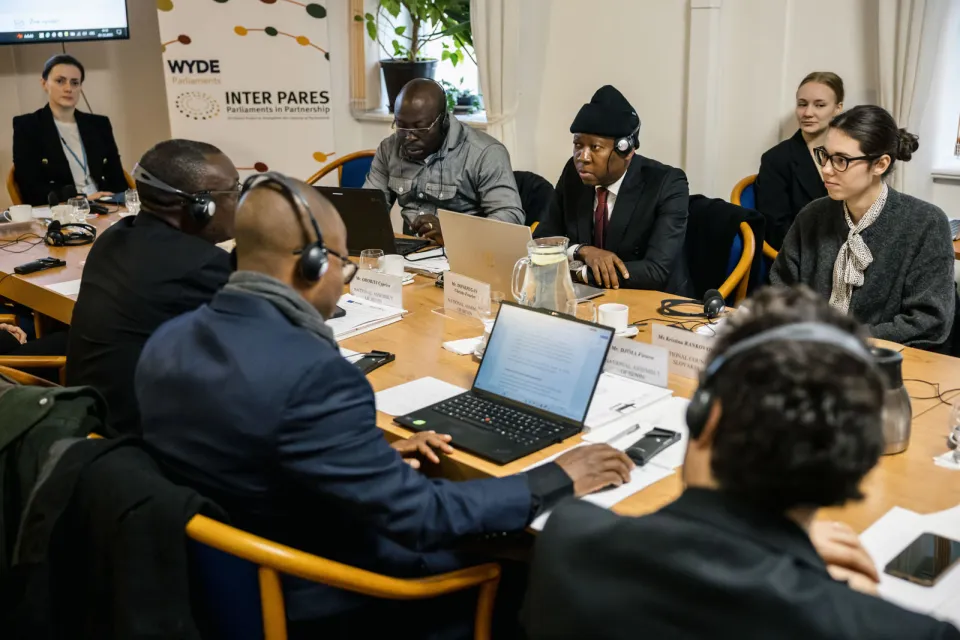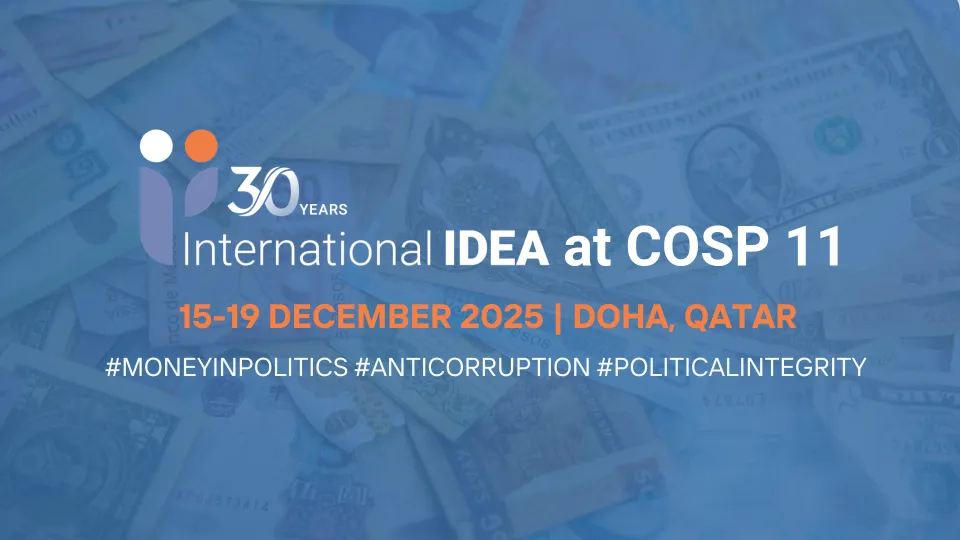A Campaign of Collective Amnesia: Presidential Elections in the Philippines
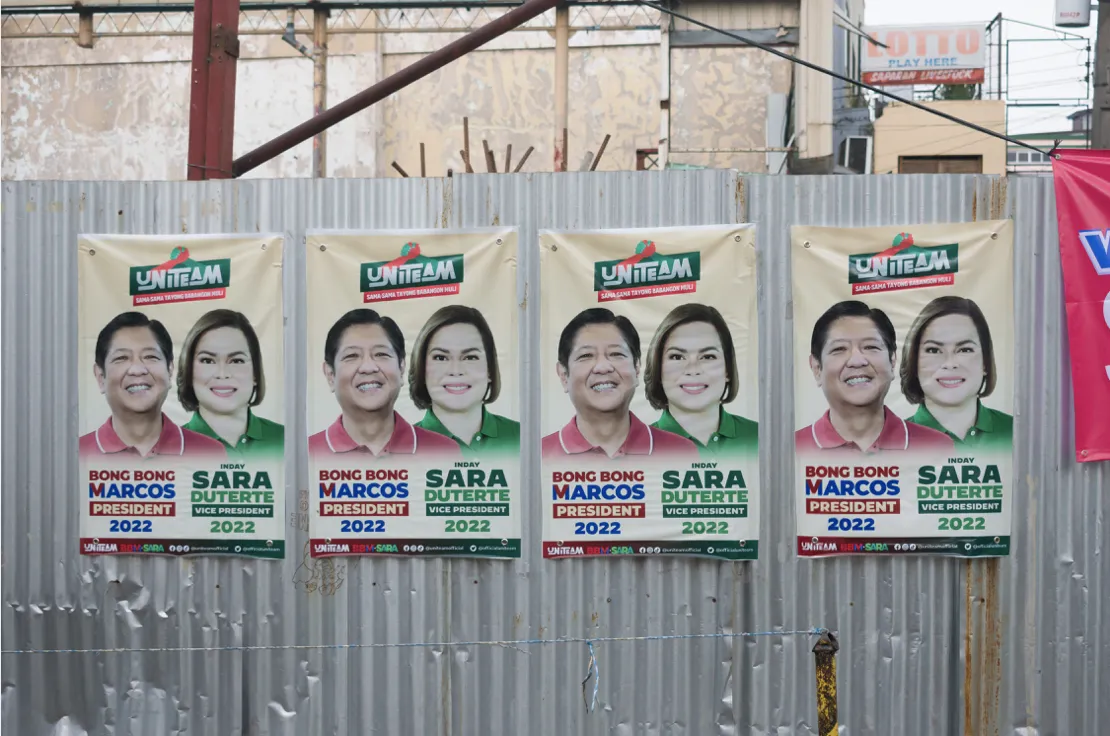
Disclaimer: Opinions expressed in this commentary are those of the author and do not necessarily represent the institutional position of International IDEA, its Board of Advisers or its Council of Member States.
On May 9 2022, millions of Filipinos voted for their next president in one of the most consequential elections in recent history.
Ferdinand “Bongbong” Marcos Jr, son of the nation’s ousted and exiled former dictator, won a landslide victory over his main challenger, current vice president Leni Robredo. The elections are considered credible albeit with reservations amid reports of machine failures, vote-buying and delays. Some voters were even asked to leave their ballots at the precinct for the electoral board to feed the ballot later, which left them with questions about whether their votes were counted.
For many outsiders, Marcos’s win seemed unthinkable, especially given the stark contrast between his family’s legacy of corruption and brutality and Robredo, who is a human rights lawyer and who led a campaign centred on good governance, transparency, and accountability.
Two important drivers of Marcos’s popularity are poverty and disinformation. First, high poverty rates and persisting social inequalities against a backdrop of a pandemic-induced recession make Filipinos susceptible to appeals for stability and economic advancement, and perhaps more willing to overlook the legacy of unaccountability, corruption and political repression. Indeed, Marcos Jr and his running mate Sara Duterte (the outgoing president’s daughter) ran on a campaign of “unity,” which paradoxically feeds into the desire for leadership with a “strongman” at the forefront. An authoritarian nostalgia is also what arguably prompted Filipinos to vote for Duterte six years ago, with the sentiment that post-1986 democracy had failed to deliver in transforming society.
Second, Marcos’s supporters ran a well-funded and orchestrated disinformation social media campaign aimed at whitewashing the way Filipinos view the legacy of his father—which led to significant youth support for him. The public’s willingness to buy into a distorted narrative of Marcos Sr’s rule as a “golden era” of peace and prosperity highlights the urgent need to improve civic education in schools, which do not consistently include historical lessons about the country’s past. Ironically, democracy in the Philippines will likely continue to be beset by growing polarization and inequalities without an honest confrontation of its brutal past. Democratic resilience requires the resolution of conflict, not a revision of its existence. In effect, this election cycle was a missed opportunity for a re-evaluation of the country’s social contract to address pressing societal needs and acknowledge the way that democracy is failing specific groups.
Still, Marco’s win appears to be a symptom of a larger trend in the declining appeal of liberal-progressive leaders. The question remains as to how and why this happens—and what does this say about the country’s state of democracy?
Beyond these drivers lie important lessons in what appears to be a growing disillusionment with democracy and its apparent inability to address public concerns. In fact, International IDEA’s latest GSoD report includes service delivery as one of its main recommendations for democratic renewal. Government institutions, in collaboration with civil society, “must take the lead in recrafting social contracts” through “inclusive societal deliberation.” At a minimum, these contracts should address systemic inequalities exacerbated by Covid-19 as well as prioritize anti-corruption reforms. Hence, a vital step remains in the Philippines’ path toward securing its democracy: the ability to confront its past.

